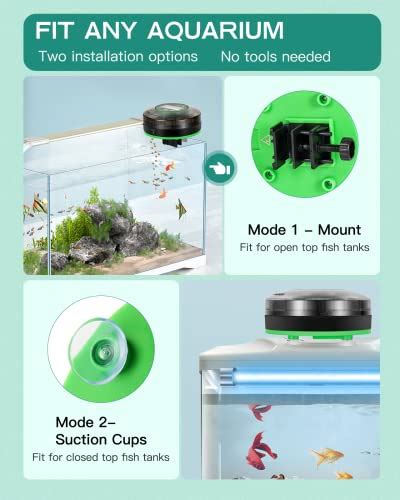Betta Feeding Automation: Your Vacation Secret Weapon
Leaving your beloved betta fish unattended, even for a short vacation, can be a stressful experience. Will they get enough food? Will they be okay without your daily care? The answer lies in betta feeding automation. This revolutionary approach ensures your finned friend receives consistent nutrition, regardless of your travel plans, offering peace of mind and a worry-free getaway. This comprehensive guide explores various automated betta feeding systems, addressing common concerns and helping you choose the best option for your aquatic companion.
What is Betta Feeding Automation?
Betta feeding automation involves using devices designed to dispense food regularly to your fish, eliminating the need for manual feeding during your absence. These systems range from simple, affordable options to more sophisticated, programmable units. They offer a crucial solution for pet owners, allowing for worry-free travel and ensuring the consistent care your betta deserves.
Different Types of Automated Betta Feeders
Several automated betta feeding systems are available, each with its own set of advantages and disadvantages:
1. Automatic Fish Feeders (Mechanical or Electronic)
These are the most common type of automated feeders. Mechanical feeders use a rotating mechanism to dispense a set amount of food at specific intervals. Electronic feeders often offer more programmable options, allowing you to customize feeding schedules and portions with greater precision. Consider factors such as the feeder's capacity (how much food it can hold), its programmability, and ease of cleaning when making your selection.
2. DIY Betta Feeders
For the creatively inclined, DIY options exist, utilizing simple materials like pill dispensers or modified food containers. While these can be cost-effective, they often lack the precision and reliability of commercially available feeders. It’s crucial to ensure the DIY feeder is secure and prevents food from spilling or molding.
3. Vacation Care by a Friend or Family Member
While not strictly an automated system, having a trusted friend or family member care for your betta during your absence is a viable option. This allows for more personalized care and the opportunity to address any unforeseen issues. However, relying on someone else requires planning and trust.
Choosing the Right Automated Betta Feeder: What to Consider
Several factors influence your choice of automated betta feeder:
Budget: Prices vary significantly, from inexpensive mechanical feeders to more advanced electronic models.
Ease of Use: Some feeders are easier to program and clean than others. Consider your tech-savviness when making your choice.
Feeding Schedule Flexibility: How customizable is the feeding schedule? Can you adjust the feeding times and portion sizes?
Food Type Compatibility: Ensure the feeder is compatible with the type of betta food you use (flakes, pellets, etc.).
Capacity: How much food can the feeder hold? Choose a size appropriate for the length of your absence.
How Often Should You Feed Your Betta While Using an Automated Feeder?
Even with an automated feeder, understanding your betta's dietary needs remains crucial. Overfeeding, even with an automated system, can lead to health problems. Consult with a veterinarian or experienced aquarist to determine the appropriate feeding frequency and portion size for your betta. Most automated feeders allow for adjustments, ensuring you can fine-tune the food dispensation to match your betta's specific needs. Remember, a slightly less-than-full stomach is preferable to an overfed fish.
What if the Automated Feeder Malfunctions?
Having a backup plan is always wise. A small supply of food left with a trusted friend or neighbor can be a safety net in case of a feeder malfunction. Regular checks (if possible) of the feeder before a long trip can help prevent issues.
Is Betta Feeding Automation Right for You?
Automated betta feeders provide convenience and peace of mind for betta owners. They're especially valuable for those who travel frequently or need assistance during periods of unavailability. However, it's crucial to select a reliable feeder, understand its functionality, and maintain a backup plan. The appropriate choice depends on individual needs, budget, and technological proficiency. Responsible betta ownership goes beyond automation; it encompasses continuous monitoring, responsible feeding practices, and a commitment to your pet's well-being.

